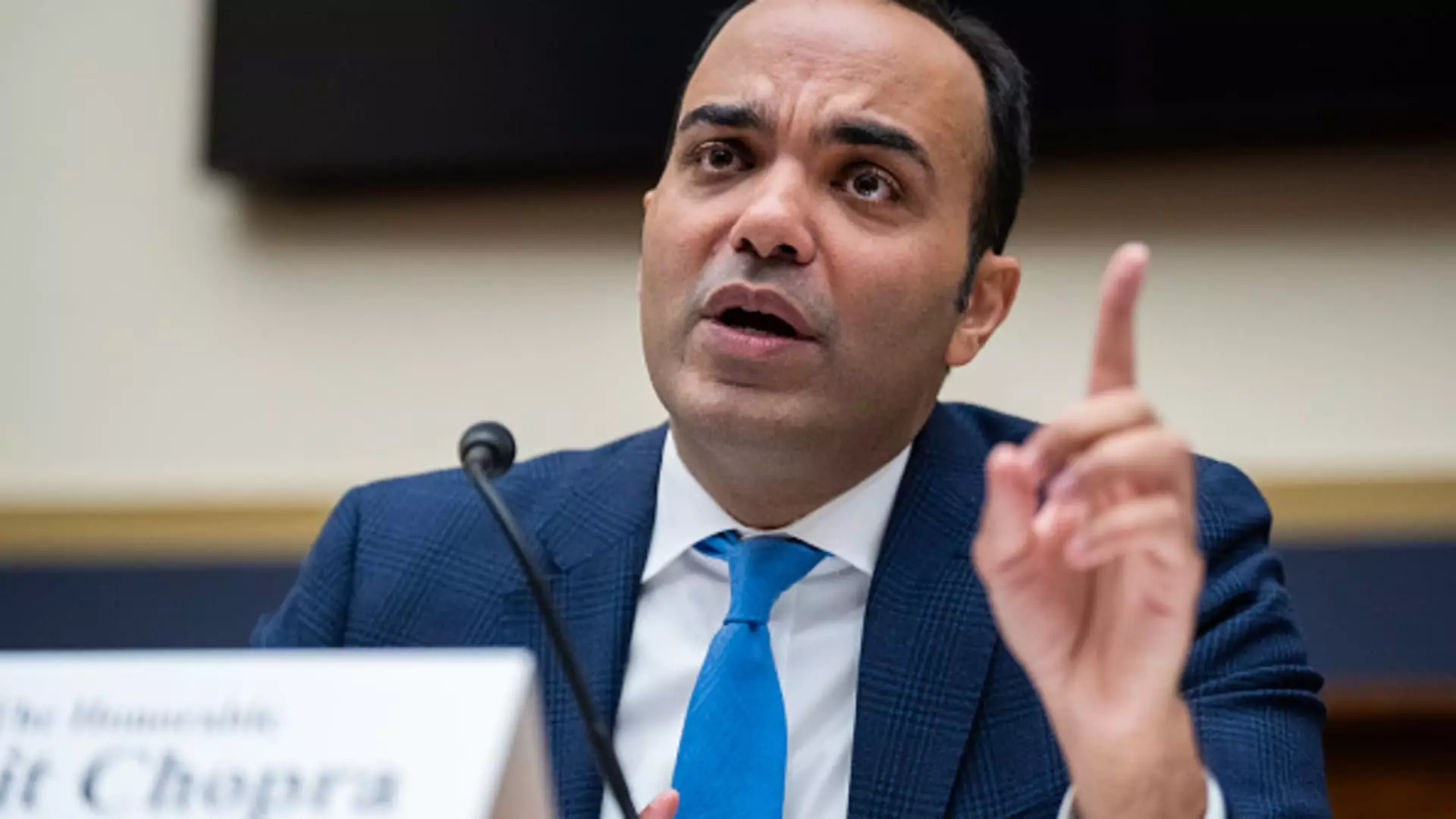The Consumer Financial Protection Bureau recently made a significant announcement regarding the buy now, pay later industry. According to the agency, customers using BNPL services are now entitled to the same federal protections as credit card users. This new development comes in the form of an “interpretive rule” under the Truth in Lending Act, which treats BNPL lenders similarly to traditional credit card providers. This ruling requires BNPL companies to adhere to specific regulations, including issuing refunds for returned products, investigating merchant disputes, pausing payments during investigations, and providing transparent fee disclosures.
The Consumer Financial Protection Bureau has been actively monitoring the BNPL industry, particularly due to its exponential growth in recent years. The agency has expressed concerns about the increasing debt burden placed on consumers and the need to ensure that existing consumer protections are not overlooked in favor of industry growth. CFPB Director Rohit Chopra emphasized the importance of upholding long-standing laws and regulations to safeguard consumers’ rights in the evolving financial landscape.
While some BNPL providers already offer refund and dispute resolution services, the new CFPB rule aims to standardize these practices across the industry. The rule will take effect in 60 days, and the agency is welcoming public feedback on the initiative. BNPL companies have anticipated greater regulatory scrutiny, with some advocating for a specialized regulatory framework tailored to the unique risks and advantages of BNPL services compared to traditional credit cards.
Despite the regulatory changes, some BNPL companies have expressed reservations about the new rules. Companies like Klarna have argued that their no-interest products are inherently less risky for consumers than credit cards, advocating for a proportional regulatory approach that considers the distinct characteristics of BNPL services. The resistance from industry players raises the possibility of legal challenges against the CFPB rule, similar to other financial sectors facing regulatory constraints.
As the BNPL industry continues to attract a growing number of consumers seeking alternative credit options, regulatory oversight becomes essential to protect consumer interests. The CFPB’s efforts to establish clear guidelines for BNPL providers signal a broader commitment to ensuring fair and transparent practices in the consumer credit market. By addressing potential risks associated with BNPL services, the agency aims to strike a balance between fostering industry innovation and safeguarding consumer rights in an increasingly digital financial landscape.
The regulatory developments surrounding the BNPL industry reflect a broader shift towards enhancing consumer protections and transparency in the financial sector. While the industry faces challenges in adapting to new regulations, the evolving landscape presents an opportunity for stakeholders to collaborate in shaping a regulatory framework that balances innovation with accountability. As the BNPL industry matures, ongoing dialogue between regulators, industry players, and consumer advocates will be crucial in establishing a sustainable and consumer-friendly financial ecosystem.


Leave a Reply